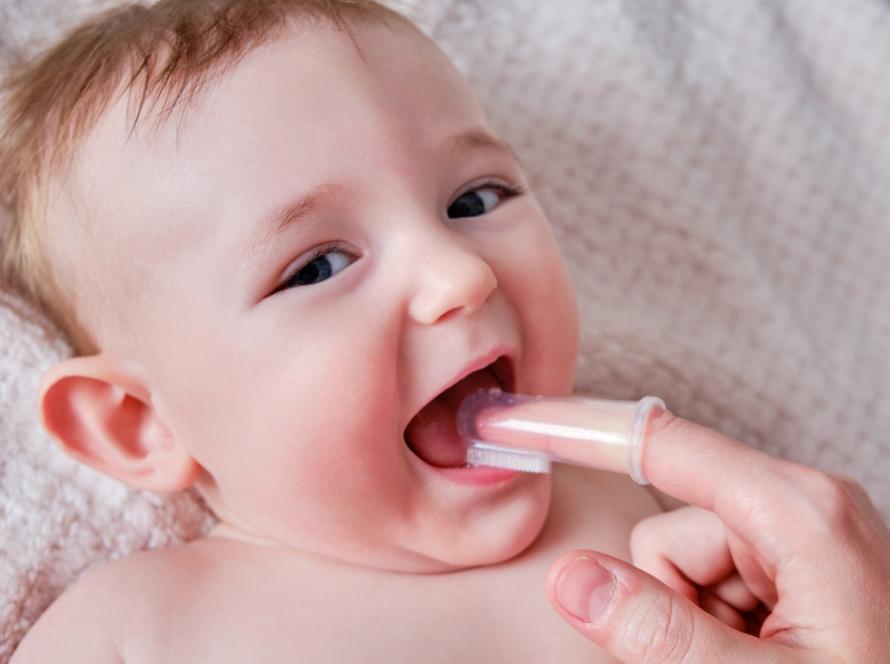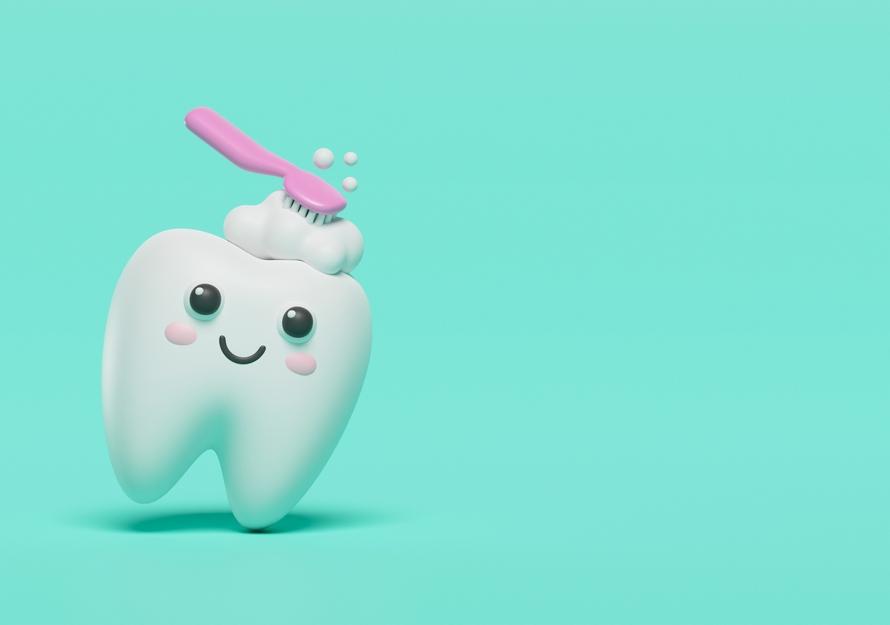Mouth breathing in children is more than just a harmless habit. According to experts, it can have significant impacts on kids’ oral health, sleep, and even facial development. As awareness grows around this issue, pediatric dental professionals are emphasizing early detection and treatment to ensure healthy development. Below, Toronto Kids Dental offers expert commentary on each section of the discussion. (Source: Parents, Is Mouth Breathing Bad for Children?, by Katherine Lagomarsino, updated on August 30, 2023, medically reviewed by Wendy L. Hunter, M.D., https://www.parents.com/kids/health/other-health-issues/is-mouth-breathing-bad-for-children/ ).
It is often highlighted in many discussions how mouth breathing—often overlooked—can become a chronic issue in children. While occasional mouth breathing isn’t usually a concern, persistent patterns can indicate underlying health problems.
Toronto Kids Dental shares, “We often see parents dismiss mouth breathing as a quirky habit, but in reality, it can compromise the development of a child’s jaw, teeth alignment, and even posture. Identifying it early is key to safeguarding long-term kids oral health.”
Benefits of Nasal Breathing
Nasal breathing is essential for regulating airflow effectively, filtering out allergens, and helping the body absorb oxygen efficiently. For children, this is especially important during growth years.
Toronto Kids Dental notes, “Nasal breathing supports proper tongue posture and jaw development. It’s foundational to kids oral care because it sets the stage for a healthy bite, reduced risk of cavities, and overall better health outcomes.”
Is Mouth Breathing Bad for You?
Chronic mouth breathing can result in a series of health issues, including poor sleep quality, behavioral issues, and dental problems.
Toronto Kids Dental comments, “Many people do not realize that mouth breathing can dry out the oral cavity, which reduces saliva production. Saliva is essential for neutralizing acids and protecting enamel. This raises the risk for cavities and gum disease—two common challenges in kids oral hygiene.”
Causes and Symptoms of Mouth Breathing in Children
There are several triggers for mouth breathing in kids, ranging from anatomical to environmental. Here’s a closer look at the main causes:
Allergies
Children with chronic allergies may experience nasal congestion, forcing them to breathe through their mouths.
Toronto Kids Dental expresses, “We often see mouth breathing spike during allergy season. Parents should watch for symptoms like dry lips, bad breath, and snoring, which may signal compromised kids oral health linked to mouth breathing.”
Enlarged Tonsils and Adenoids
Enlarged tissues can obstruct nasal airflow, especially during sleep.
Toronto Kids Dental highlights, “This is a major red flag in pediatric dentistry. Enlarged tonsils and adenoids not only disrupt sleep but can also alter the growth of the jaw and palate, which can affect alignment and make kids oral care more complex.”
Sleep Apnea
In some children, mouth breathing may signal sleep-disordered breathing or obstructive sleep apnea.
Toronto Kids Dental shares, “A child who snores loudly, grinds their teeth, or shows signs of fatigue may be experiencing poor oxygenation during sleep. This affects not just oral development, but cognitive and emotional health as well.”
Complications Linked to Chronic Mouth Breathing
The article outlines several oral and systemic complications of persistent mouth breathing:
Bruxism (Teeth Grinding)
Toronto Kids Dental notes, “Mouth breathing can contribute to bruxism due to disrupted sleep cycles and jaw tension. Over time, this puts significant pressure on developing teeth and can wear down enamel.”
Cavities
Toronto Kids Dental highlights, “Reduced saliva flow is a major consequence of mouth breathing, making it easier for plaque and bacteria to accumulate. Consistent moisture is critical in caring for kids’ teeth.”
Impacted Teeth
Toronto Kids Dental mentions, “Mouth breathing may contribute to poor jaw development, creating space issues that result in impacted or crowded teeth. This complicates kids oral hygiene and may require orthodontic intervention.”
Malocclusion (Teeth Misalignment)
Toronto Kids Dental shares, “We often see children whose chronic mouth breathing has led to open bites or narrow palates. This can impact speech, chewing, and increase the likelihood of long-term dental issues.”
Myofascial Pain
Toronto Kids Dental comments, “Strained facial muscles due to abnormal breathing patterns can lead to chronic discomfort. Pediatric dentists must look beyond the teeth to address muscular issues related to kids oral care.”
Periodontal (Gum) Disease
Toronto Kids Dental expresses, “Dry mouth caused by mouth breathing creates an excellent environment for bacteria, increasing the risk of gingivitis—even in young children. Gum health is a critical part of kids oral hygiene.”
Temporomandibular Disorder (TMD)
Toronto Kids Dental highlights, “TMD symptoms can emerge when chronic mouth breathing leads to jaw misalignment. Early signs like jaw clicking or headaches should not be ignored.”
Teeth Erosion
Toronto Kids Dental notes, “Mouth breathing exposes teeth to more air, which can alter pH levels and lead to enamel erosion over time—especially problematic in permanent teeth that are just coming in.”
Treatments for Mouth Breathing in Children
Treatment depends on the cause. Options include nasal sprays, allergy management, tonsillectomies, myofunctional therapy, or orthodontic care.
Toronto Kids Dental mentions, “An interdisciplinary approach is best. We often collaborate with ENTs, allergists, and myofunctional therapists to develop a comprehensive plan for improving airway function and supporting kids oral health.”
Mouth breathing in children isn’t just a passing concern—it’s a condition with real implications for their health and development. Early detection and proper intervention can make a world of difference.
Toronto Kids Dental shares, “Caring for kids’ teeth means looking at the full picture—airway health, sleep quality, jaw growth, and hygiene habits. Mouth breathing is a signal that something is off, and we must listen early and act decisively.”


